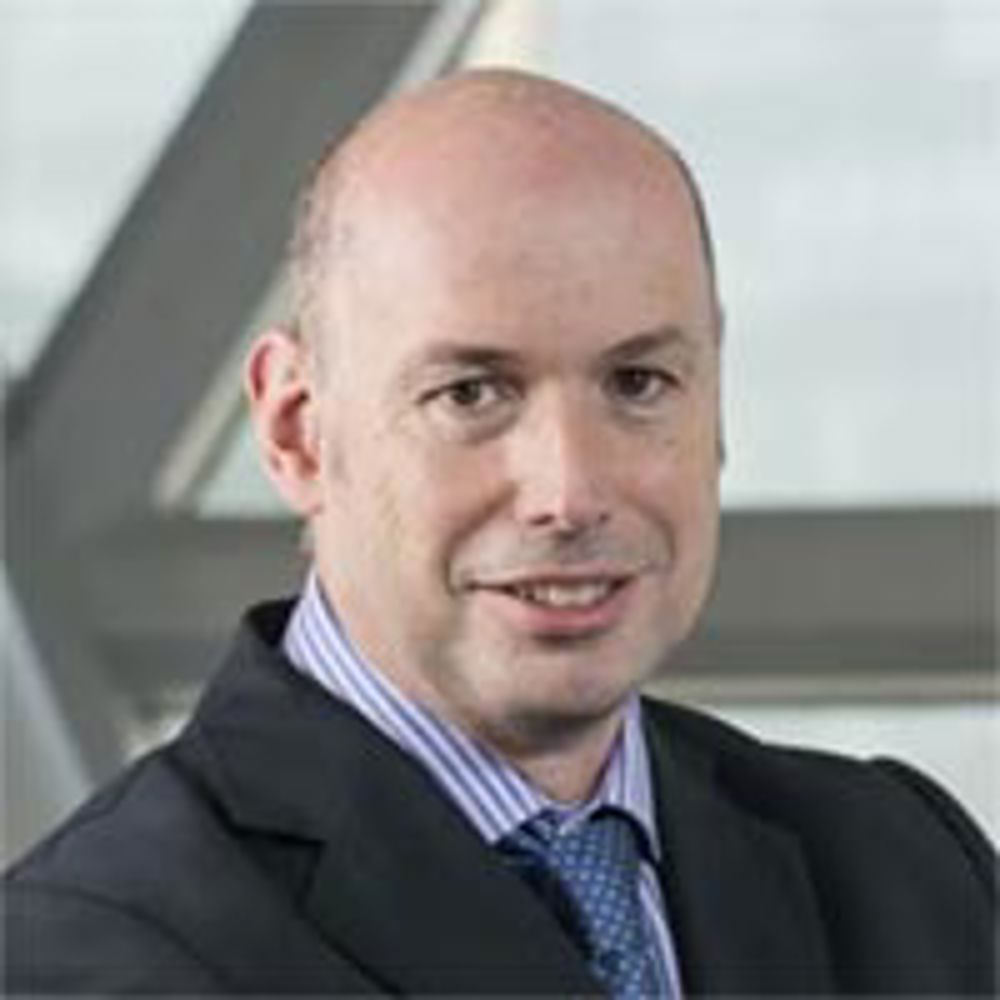Listening to Lima – how to host a major sporting event
Our work supporting the 2019 Lima Pan American and Parapan Games provided a wealth of useful lessons for other cities and countries considering hosting a major sporting event.

Hosting major sporting and cultural events gives a city and its people significant opportunity to rebuild, reform, fine tune or develop new capacities. Winning any bid is an incredible prize, and the 2019 Pan American and Parapan American Games in Lima, Peru, was no exception.
Through the first-ever government-to-government agreement outside a military contract, Arup was appointed to provide specialist technical assurance advisory services, and worked as part of an integrated UK delivery team. As the Peruvian capital adjusts to its new status as a successful host city, we thought it would be valuable to share what we learned from supporting the design and delivery of the largest sporting events in the world, in just 18 months.
Design is a listening exercise
Peru wanted to use the games to transform its sports infrastructure and accelerate economic growth. Producing sporting event infrastructure is a huge collaborative effort and relies on the right approach to communications and decision-making. Deadlines are tight, reputations are at stake. How you work is as important as the design ideas you develop; a culture of listening is vital.
The only unconditional deliverable for a major event no matter which country, city or culture you’re in, is excellence in venue design, performance and legacy. Everything else, including how those venues are contextualised, varies in each host city. Therefore, building a close partnership with the client to understand and help uncover Lima’s unique urban, infrastructure and system challenges – and the desired changes for the city and outcomes for its communities – was crucial.
Long term benefits
Lima’s primary long-term aspiration was to deliver venues in areas that could benefit from infrastructure development. Once the games were complete, the venues would continue to serve neighbouring communities.
Approaching the project through this clear vision rather than a series of ‘big tasks’ ensured the design and delivery all made sense long-term, which is particularly important when a host city faces other competing spending needs. This not only grew the value of the sites but revoked places into vibrant areas for the community.
Venues: bigger is not always better
If sporting infrastructure ever gains criticism, it’s usually for venues that lack future use. Part of our knowledge-sharing with the client was introducing temporary venue structures – ones just as impressive and capable, but without the capital expenditure and future operating costs.
We worked closely with the local design teams, reviewing over 7,000 drawings, to adapt each existing design. This meant delivering practical, energy efficient, low maintenance venues, which offered effective connectivity to surrounding areas, so that it could produce long-lasting benefits.
Good governance means a more inclusive city
Major sporting infrastructure developments provide a country with a wealth of new ideas. In Lima, we wanted to share what we’ve learned about shaping venues through accessible design so that they are truly open to all.
How countries treat this issue in their building codes varies greatly. So, we developed an Accessible Design Guide for the Lima project, that brought together principles of accessible design, how to apply them to everything from wayfinding to entrance design. The guide was recommended as a new universal standard for design across Peru by Carlos Neuhaus President of the Lima organising committee.
International collaboration: the way forward
We believe that knowledge gained from these wonderful international collaborations should always be transferred. The new ways of working through the government-to-government agreement and the UKDT has delivered a more open, transparent and collaborative approach to major infrastructure projects. Arup has gained a wealth of knowledge from Lima, and we are excited to continue to support the city and Peru in its post-Games evolution.
As a team, we demonstrated to the world that in Latin America we can be a referent of efficient organisation and execution, and with this dedication, we returned the confidence to the people of Peru to undertake great and new challenges as a country.
Alberto Valenzuela
Director of Operations and General Manager of the Games
Get in touch with our team





